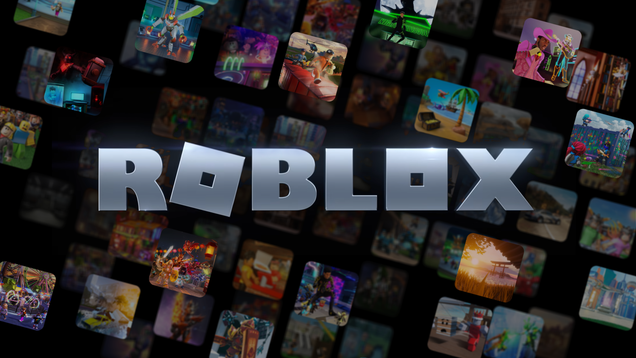
Game-making platform and fledgling metaverse Roblox made the news yesterday as the focus of a New York Times report about a ‘90s era tax cut that’s spun out of control. Originally created to foster investment in small businesses, the Qualified Small Business Stock, or Q.S.B.S., exemption has transformed into a way for ultra-wealthy businesses to avoid paying taxes on huge amounts of profits.
I’d say it seemed like a good idea at the time, but it really wasn’t. Launched in 1993, the Qualified Small Business Stock exemption was presented as a means to get more people investing in start-ups by shielding some of a company’s profits from taxation. Originally the exemption meant an investor would be shielded from paying taxes on half of profits up to 10 million dollars, but that was eventually changed to exempt the entire 10 million.
Read more
When Roblox Corporation was founded by David Baszucki back in 2004, the company met all the qualifications for the Q.S.B.S. exemption, mainly being that the company had to have assets at or below 50 million dollars. The New York Times notes that the 50 million number was put in place because at the time the exemption became law, Disney had just created Mighty Ducks of Anaheim hockey team, valued at 50 million, and lawmakers wanted to make sure a Disney business wouldn’t qualify for a small business exemption, as that would be stupid.
Also stupid, however, is the U.S. tax system for voting into being a loophole-laden exemption that would eventually be so abused that participating in it would be considered a right-of-passage for Silicon Valley’s ultra-wealthy. The problem with the Q.S.B.S. exemption is that it can be cloned. All it takes is gifting stock to friends and family. Though they haven’t invested in the company, they nevertheless still qualify for the exemption, so you can ensure that large chunks of money stay within close orbit of your control without needing to pay taxes on said cash.
According to financial reports and the New York Times’ sources, Roblox founder David Baszucki has been able to multiply the exemption 12 times over, gifting stock to his wife, his four children, and various other relatives. In the fall of 2020, months before Roblox went public, Baszucki’s mother-in-law started giving away shares to relatives. Since they were gifted, those shares also qualified for the exemption. In March of 2021, Roblox went public, valued at 45 billion.
While this all sounds horrible and super-cheaty, there’s nothing at all illegal about this practice. It has a name, stacking, but is also known as peanut-buttering, a reference to how easily the exemption is spread. Another example given in the story is a tax advisor who helped his client avoid paying taxes on $150 million in profit by gifting shares to his seven children. One tax lawyer jokes that he advises clients to have more children to avoid more taxes.
Attempts have been made to try and modify the Q.S.B.S. exemption, which is set to cost the government upwards of $60 billion over the next decade. Most recently the Biden administration suggested cutting the exemption benefit by more than half, though such a move would likely just lead to even more stacking to make up the difference.
While the New York Times story uses Roblox as its primary example, stacking is happening wherever super-rich business owners who started small have family and friends they can pass a little stock to. A tax law passed nearly 30 years ago has morphed over time into an amazing tax break that qualifying businesses would be stupid to not take advantage of. Thanks, congress.
